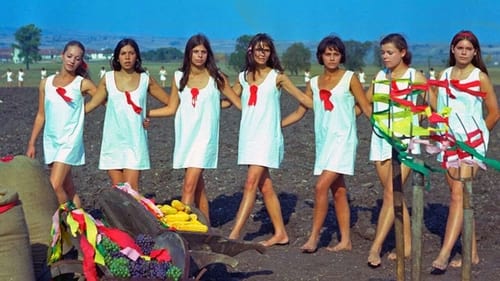
Ilus, Orbánné lánya
Karoly Makk's heartbreaking story of two unmarried sisters who cast wistful glances back at their lives, but still believe in hope and love, earned an Academy Award Nomination for Best Foreign Language Film in 1974. In this follow-up to the director's internationally acclaimed Love, Makk once again exhibits his extraordinary skills at drawing emotionally compelling performances from his talented female leads. Makk's film opposes the bleakness of the outside world with passion, love, and loyalty.

Ráczné, socialist
La rebelión de los campesinos húngaros de fines del siglo XIX contra los terratenientes que los explotan, es narrada por Miklós Jancsó con un ritmo musical, que da a la obra la impronta de un ritual. Las primeras tentativas de la revuelta fallan, pero el espíritu revolucionario pronto volverá a estallar... (FILMAFFINITY)

Bözsi
Edit, who became the wife of a politician out of a simple peasant girl, suddenly becomes a widow as a result of an accident. She never loved her husband. She lives a wealthy and lonely life amidst false friends, facing one of the last alternatives of her life, i.e. having to face her past in the hope of an independent new beginning.

Kisné
The dramatically dense film takes place in workers' surrounding in the sixties. It raises the newspaper article serving as the basis for the short story to be a model: in a plastic factory fire breaks out causing enormous damages.

Juli
The changing and turbulent history of Hungary is seen through the eyes of three men over a 30-year period in this somber drama. The three recall the highlights of their lives in flashbacks as they reminisce in the mid 1960s. The venerable trio begin their story in the 1930s, through World War II, and the decade beyond the communist invasion of 1956.

Short film about young poet József Attila.




